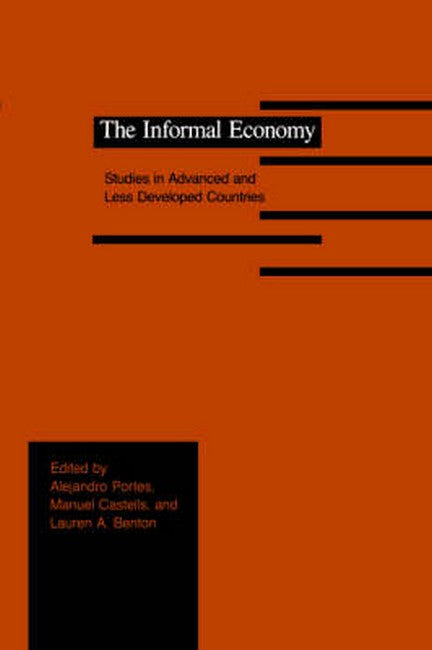A New York roofer requests payment in cash. A Bogota car mechanic sets up 'shop' on a quiet side street. Four Mexican immigrants assemble semiconductors in a San Diego home. A Leningrad doctor sells needed medicine to a desperate patient. All are part of a growing worldwide phenomenon that is widely known but little understood. The informal or underground economy is thriving today, not only in the Third World countries where it was first reported and studied but also in Eastern Europe and the developed nations of the West.The Informal Economy is the first book to bring together studies from all three of these settings and to integrate them into a coherent theoretical framework. Taking an international perspective, the authors dispel a number of misconceptions about the informal economy. They make clear, for instance, that it is not solely a province of the poor. Cutting across social strata, it reflects a political and economic realignment between employers and workers and a shift in the regulatory mission of the government. Throughout, the authors' theoretical observations serve not only to unify material from diverse sources but also to map out directions for further research.

